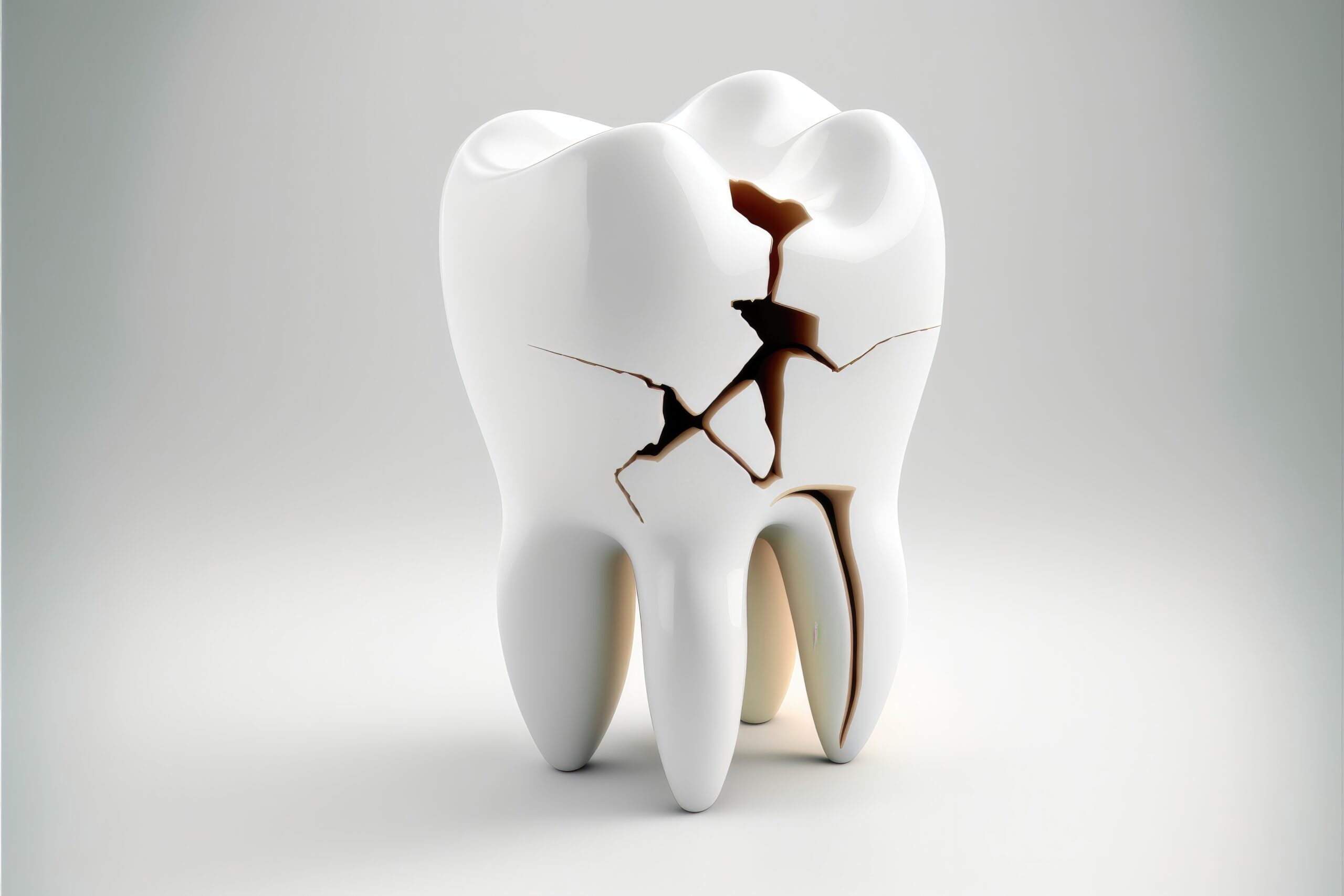Dental crowns are a type of dental restoration used to restore the function and appearance of broken or stained teeth. While dental crowns Sunrise are known for their durability, they are not indestructible. Over time, accidents or dental issues can lead to a broken crown. When this happens, the question often arises, “Are broken dental crowns considered dental emergencies?”
Let’s explore this topic in detail and provide insights on handling a broken dental crown.
Understanding Dental Crowns-
Before delving into whether a broken dental crown constitutes a dental emergency, it’s essential to understand what dental crowns are and how they function. Dental crowns are tooth-shaped caps used to protect and restore damaged teeth. They are commonly made from porcelain, ceramic, metal, or a combination.
The Function of Dental Crowns-
Dental crowns serve several vital functions:
- Protection: Crowns shield the underlying tooth from further damage, such as fractures or decay.
- Restoration: They restore the tooth’s appearance, ensuring it blends seamlessly with the surrounding teeth.
- Strength: Crowns can strengthen weakened teeth to withstand biting and chewing forces.
- Alignment: Crowns can be used to correct minor alignment issues and improve the overall bite.
Are Broken Dental Crowns Emergencies?
Whether a broken dental crown is considered a dental emergency depends on various factors. Here are some key considerations:
1. Pain and Discomfort:
- Mild Pain: If the broken crown is causing minimal or no pain, it may not be deemed an emergency. However, addressing the issue promptly is still essential to prevent further damage or complications.
- Severe Pain: If the broken crown is causing severe pain, it may be considered a dental emergency. Pain can indicate underlying issues, such as an exposed nerve or damage to the tooth beneath the crown.
2. Exposure of the Underlying Tooth:
If the break in the crown exposes the underlying tooth, it’s generally considered a dental emergency. The exposed tooth can be vulnerable to damage, infection, and discomfort.
3. Functional Impairment:
If the broken crown significantly impairs the tooth’s function, such as making it difficult to chew or causing sensitivity, it may be considered an emergency.
4. Aesthetic Concerns:
Due to aesthetic concerns, broken front teeth or crowns in prominent areas may be considered emergencies. Many people want a swift resolution to restore their smile’s appearance.
What to Do If You Have a Broken Dental Crown?
If you suspect you have a broken dental crown, here are the steps to take:
-> Contact Your Dentist: Regardless of the severity of the issue, it’s crucial to contact your dentist as soon as possible. They can assess the situation and guide on whether it’s an emergency.
-> Pain Management: If you’re experiencing pain, over-the-counter pain relievers can offer temporary relief. It is recommended to avoid chewing on the affected side to prevent further damage.
-> Temporary Solutions: Sometimes, your dentist may recommend temporary solutions to protect the exposed tooth until a permanent repair can be made.
Prevention is always the best approach. To reduce the risk of broken dental crowns:
- To prevent damage to the crown, avoiding hard or sticky foods that may put excessive pressure on it is advisable.
- Practice good oral hygiene to prevent dental issues that could compromise the crown’s integrity.
- Use a nightguard if you grind your teeth, as this can protect both natural teeth and dental crowns.
Whether a broken dental crown is considered a dental emergency depends on the level of pain, exposure of the underlying tooth, functional impairment, and aesthetic concerns. Regardless, contacting your dentist promptly is crucial to assess the situation and determine the appropriate course of action, especially in dental emergencies Sunrise. Your dentist can provide the necessary guidance for a swift resolution. To ensure the long-term success of dental crowns, it is crucial to intervene early to prevent complications.

